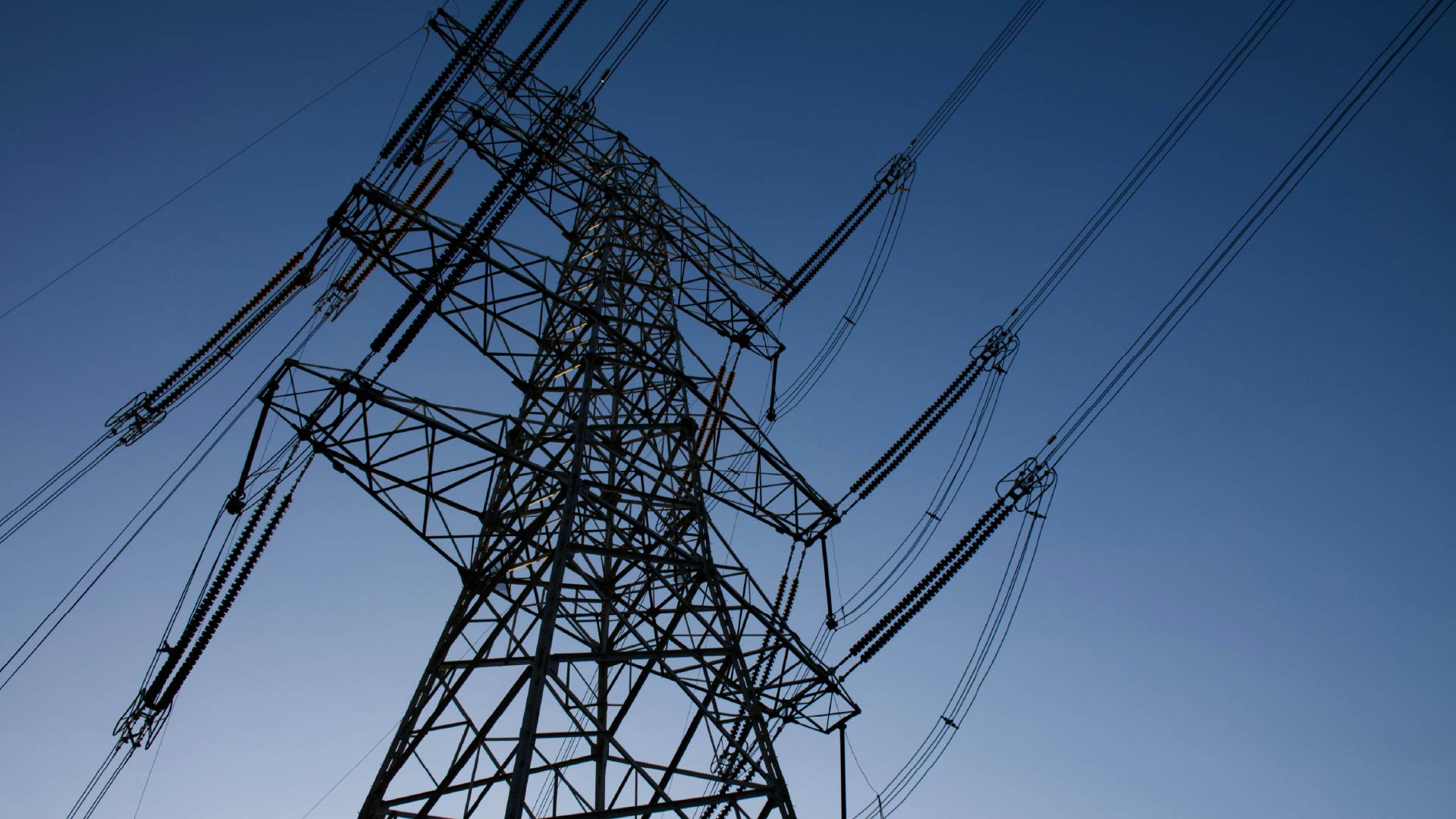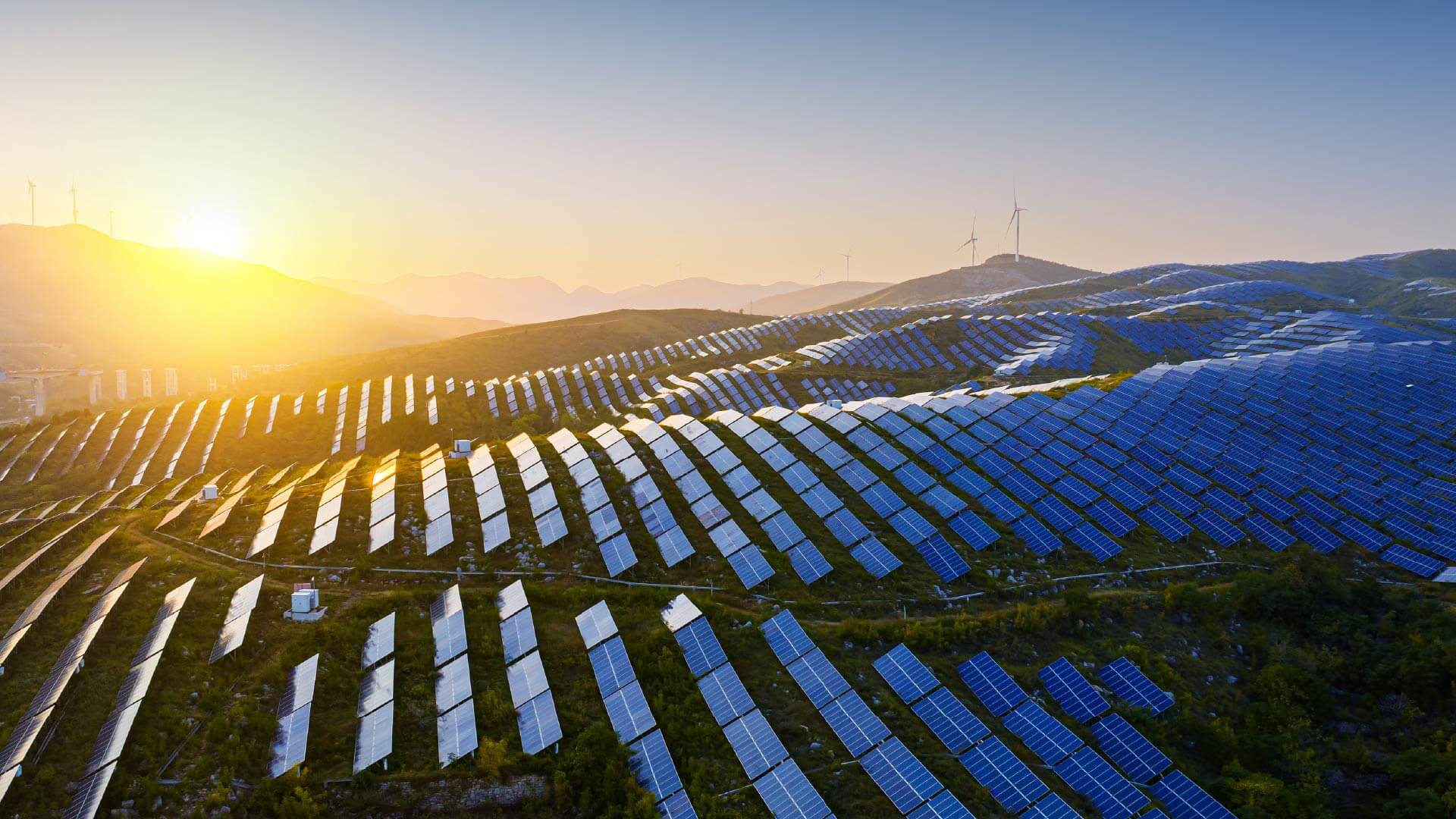How Can Firms Prepare For The EU Deforestation Rules?
From 30th December 2024, EU firms that import and sell commodities such as palm oil, soy, coffee, cocoa and timber on the EU market will be required to conduct due diligence to ensure that their products were not produced on land affected by deforestation.
The regulation is part of the EU Green Deal, which aims to reduce EU emissions 55% by 2030 and reach net zero in 2050. As highlighted in the Regulation document, deforestation not only accounts for 11% of global emissions, but is also one of the main causes of biodiversity loss.
The implementation of the new rule will be achieved in three steps: providing information about raw materials, quantities, origin countries and suppliers (including geolocation); performing an in-depth risk assessment; and developing risk mitigation measures. Fines for non-compliance can reach up to 4% of annual turnover. The European Commission is now busy drafting country-level transparency assessments, which will determine how EU authorities will perform compliance checks. These might include satellite monitoring and DNA-analysis tools to support enforcement.
As highlighted by a recent media attention, the rule sparked a heated debate in the food and retail industry. Some food traders argue that it might be too little too late, as the crops for the next year are being planted, while others claim that the proposal of the rule was announced a long time ago, leaving firms with no excuses for non-compliance.
What can players in the industry do to prepare before (and after) December 2024?
- Enhance supply chain visibility and transparency. Beyond pure compliance, reputational pressure is driving firms’ commitment to supply chain sustainability. To mitigate supply chain risks and improve visibility, organizations should start by mapping their supplier networks. Software solutions are well-suited to streamline supplier data collection for ESG and Scope 3 emissions data, visualize the supply chain, and perform risk analysis.
- Use satellite data to ensure supply chains are compliant with the new rule. Geospatial data can be used to monitor current and historical biodiversity levels to spot areas where deforestation has occurred. Specialized providers in the market are starting to develop offerings to facilitate compliance with the new EU deforestation rule. Picterra, for example, can detect land-use change using geospatial AI technology and apply it to an organization’s supply chain. In November 2023, Satelligence, a geospatial firm specializing in evaluating deforestation risk and biodiversity levels, partnered with Fairtrade to support cocoa producers’ organizations and monitor their supply chains.
- Invest in supplier management and training. The new rules have the potential to reshape sustainability within critical supply chains in the food industry, as it will include verification of compliance with local legislation in terms of human and indigenous rights. Therefore, firms should invest now in their supplier management tools, strengthen their relationship with suppliers, and provide them with best practices to meet the new requirements.
If you want to find out more about how to achieve sustainability in the supply chain, see Verdantix Best Practices: Improving ESG Performance In The Supply Chain. To read more about software vendors that offer supply chain sustainability and supply chain carbon management solutions, please see Smart Innovators: Supply Chain Sustainability Software and Smart Innovators: Supply Chain Carbon Management.
About The Author
.png?sfvrsn=db470322_1)
Alessandra Leggieri
Senior Analyst





